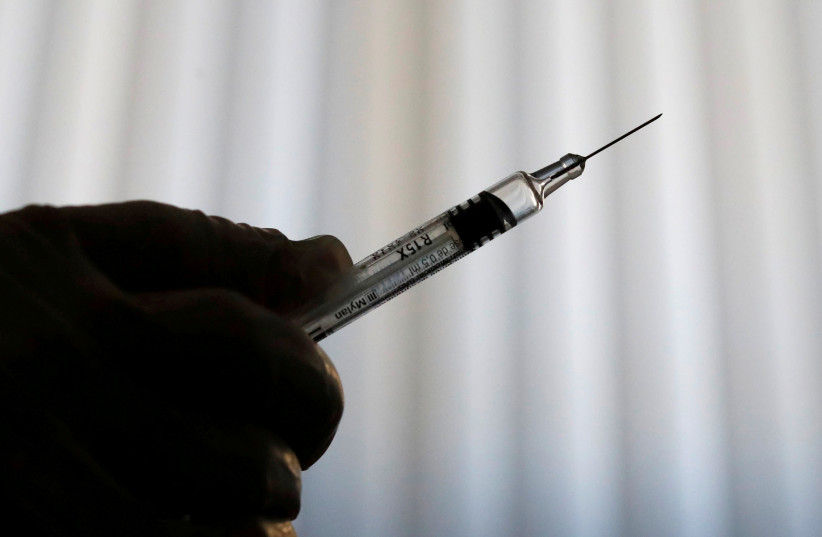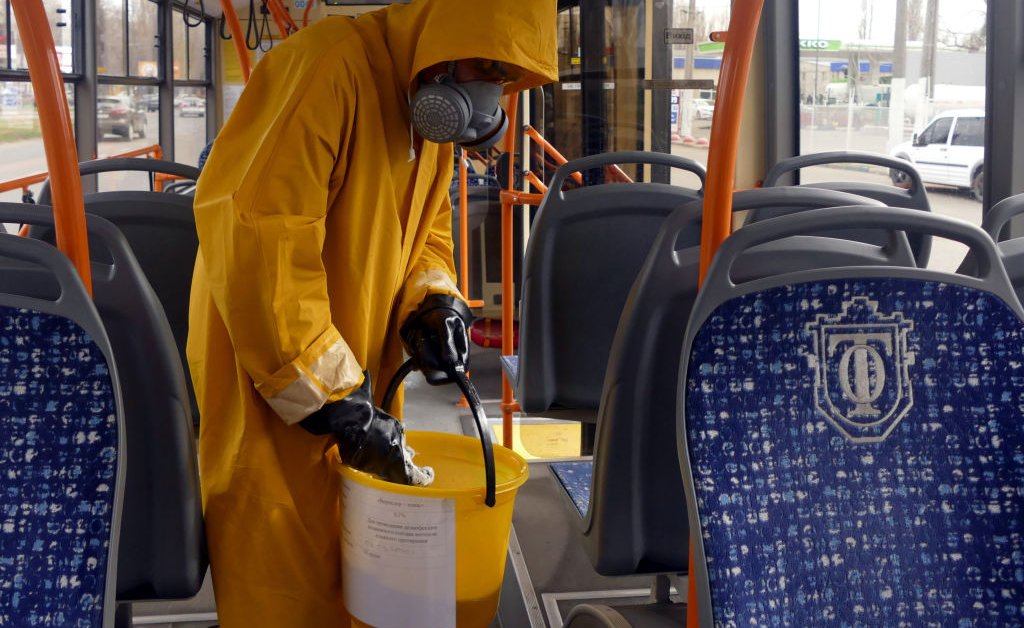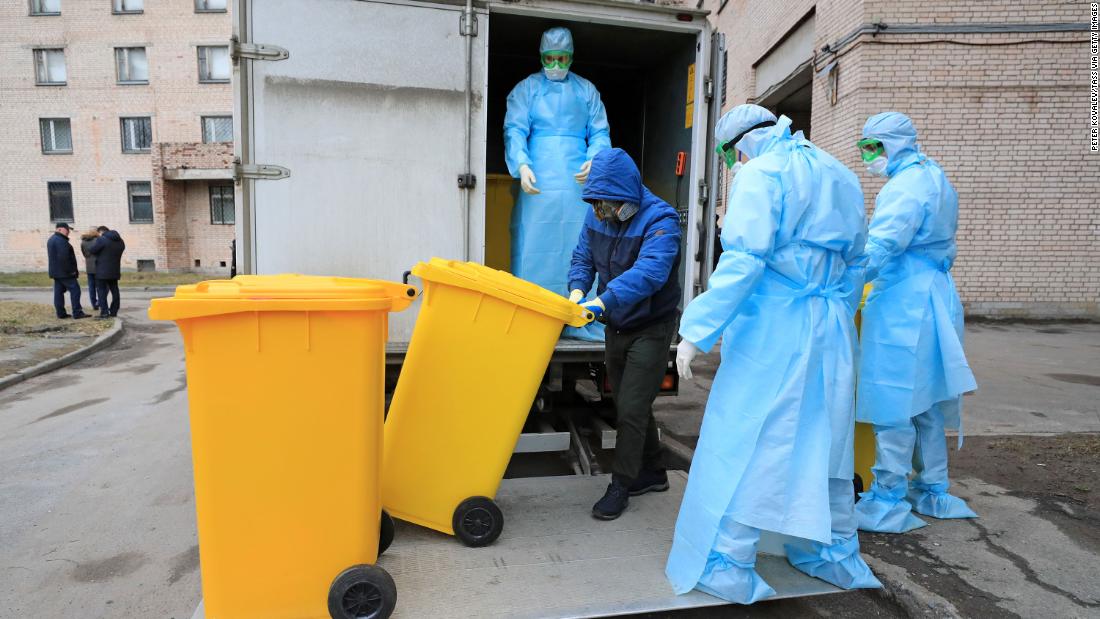I'm not trying to insult you, this is an honest question: If you have a history of being manipulated and still to this day consider yourself stupid, then on what grounds are you able to judge the stupidity of others you observe? When people dumber than you are being stupid, you know so because you're smarter than they are. However, when people smarter than you are being smart, and you're not smart enough to understand what they're doing, their actions look stupid to you too. If you fall too far into a feedback loop, eventually you start seeing stupid people everywhere.
How can you tell that you're not in an information deficit?
A few things - there are some key differences between the current COVID19 and the flu that explain the different responses.
1. Current worldwide spread and potential for containment.
At his point in time, the flu virus is everywhere in the world. Until we find a universal vaccine, it's basically a fact of life that we have to live with. Aside from new unique and deadly strains of flu, there's isn't any containment, only management. It's everywhere.
COVID19 is new. It's not everywhere (yet). It's still only present in isolated (for now) pockets around the world. If the virus can be contained and eliminated, it won't become a fact of life the way the flu is. Like I said in a previous post:
The strategy for management (flu) is different than the strategy for containment and elimination (COVID19)
2. Many unknowns, lots of uncertainty, lack of data.
We have data on the flu. Lots and lots of data that goes back years. We know how it works, how it evolves, we can predict its behavior in a given population with a fair degree of accuracy.
On the other hand, we have very little data on COVID19 at the moment, relatively speaking. We think that the mortality rate is as high as 3% ish but we don't really know for sure until we gather more data. We have an educated guess about how it contagious it is and what the incubation period is, and whether or not you can spread it asymptomatically, but we're still not sure to a high degree of certainty and specificity. We're in the dark here, and that makes people scared.
So, given these two factors, how does that explain the aggressive response to COVID19? Given that we want to contain the virus and not have it be a permanent presence in the world, aggressive measures are needed to stamp it out for good. Similar measures were taken for other viruses like SARS back in the day, and it worked. COVID19, however, seems to be a lot more contagious and spreadable than SARS was, and given the unfortunate set of circumstances at the beginning of the outbreak, containment at the earliest of stages was fucked, and now the virus has spread to multiple countries. An even more aggressive response is then warranted.
When you compound the need for aggressive containment with the uncertainty of the virus, some places might opt for the worst case scenario and go full lockdown,
just in case. They're not going full lockdown because they
know the virus is a deadly humanity ending virus and they're hiding the information from you (zomg conspiracy) . They're going full lockdown because
they don't know. And
neither do you.
So we see this aggressive response, and many people freak out.
Because many people don't have enough information to know how to process these events rationally.
Panic begets panic. Social media and traditional media both capitalize on the panic because they make a profit out of it. And now you see the beginnings of a panic feedback loop, which then influences other people in positions of power who make decisions as to how they're going to combat the virus.







